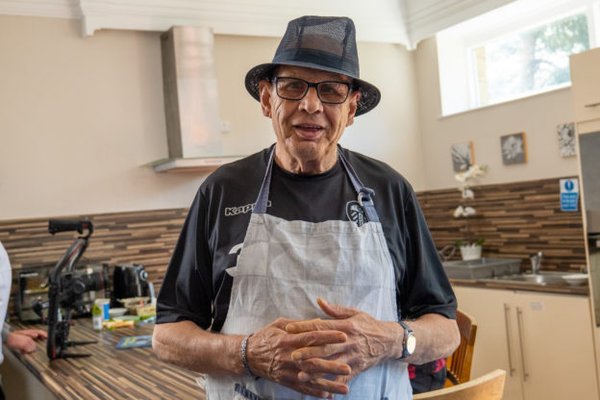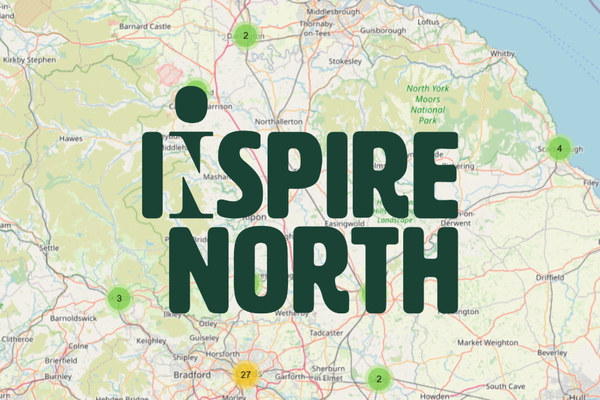LGBTQIA+ History Month 2025 – “Pity” By Andrew McMillan

LGBTQIA+ History Month:
"Activism and Social Change"
As we inch closer to Spring time, we find ourselves partaking in the colourful LGBTQIA+ History Month! With a theme of "Activism and Social Change", we are taking some time to reflect and recognise the contributions of LGBTQIA+ people to the world in making it a better place.
Adam, a member of the LGBTQIA+ Network at Inspire North, has written a blog about Pity, a novel by Andrew McMillan, which intertwines LGBTQIA+ themes with wider activism.
When I picked up Andrew McMillan’s 2024 novel, Pity, I had seen and heard mixed reviews about it. I’ve been a fan of McMillan’s poetry ever since his first collection—"Physical"—was published in 2015. What has always stood out to me about McMillan’s writing has always been the beautiful yet startling way he writes about queerness and masculinity in the twenty-first century. This is what I was expecting from Pity, and while it delivered on this, I found myself more moved by this novel than I had expected.
Pity is set in Barnsley, where McMillan is from. The story is non-linear and tracks men from the same family over three generations: an unnamed man who works in the coal mines, his sons, Alex and Brian, and Alex’s son, Simon, and his boyfriend, Ryan. In the novel, Brian attends seminars held by a group of academics researching the town’s history, while Simon prepares a drag act that satirises Margaret Thatcher and the devastating impact of her government on queer youth and mining towns. The novel is rich with history, which sits under the text waiting to be mined, like the coal that sits under the town.
There were several things about this novel that moved me. Principally, I was enraptured by the way that McMillan writes about a small, northern, working-class town. Several of the chapters are written from the perspective of the academics who are coming into the town as outsiders. These chapters beautifully represent the tensions at play when someone enters a community that they are not part of: the nervousness of “getting things wrong,” the distance between knowledge and experience, and the anxiety of navigating unfamiliar frames of reference. Additionally, McMillan perfectly encapsulates the feeling of being queer in a small town, where everyone knows everyone and surveillance takes on social forms such as gossip. There is a widely accepted view that small towns are filled with “regressive” social views and that being queer in such a space would be defined by a sense of yearning or escapism. McMillan takes this anxiety, acknowledges it, but also shines light on its limits. Simon’s drag performance intertwines his experience as a queer man growing up in the shadow of Section 28 and the experience of his father and uncle, who took part in the miners’ strike of 1984 and 1985. This performance embraces every aspect of Simon’s identity and represents it as something powerful, resistant, and celebratory.
Pity provides many things to its readers, but as I reflect on the novel during LGBTQIA+ history month, there are two things that I take away. The first is that knowledge does not equal experience; as an organisation populated by support workers, engagement workers, and specialists in certain topics, we must bear in mind that our experience is not the same experience as our clients. This is particularly the case when we work with clients who face systemic social barriers related to their intersectional identities that we ourselves do not. It is important that we do our own research and have knowledge about identities separate from our own, but we must also prioritise the voices of those with lived experience of those identities. The second thing I take away is the power of self-acceptance as a form of celebration, but also a form of resistance. Especially in a time where drag and gender non-conformity are consistently demonised in national and global media and politics, I found it healing to read McMillan’s representation of drag as the powerful force of resistance that it is. The novel tells us to be loud, be proud, and unashamedly be who we are. Pity is available at all good bookshops! Sources: https://lgbtplushistorymonth.co.uk/lgbt-history-month-2025/







